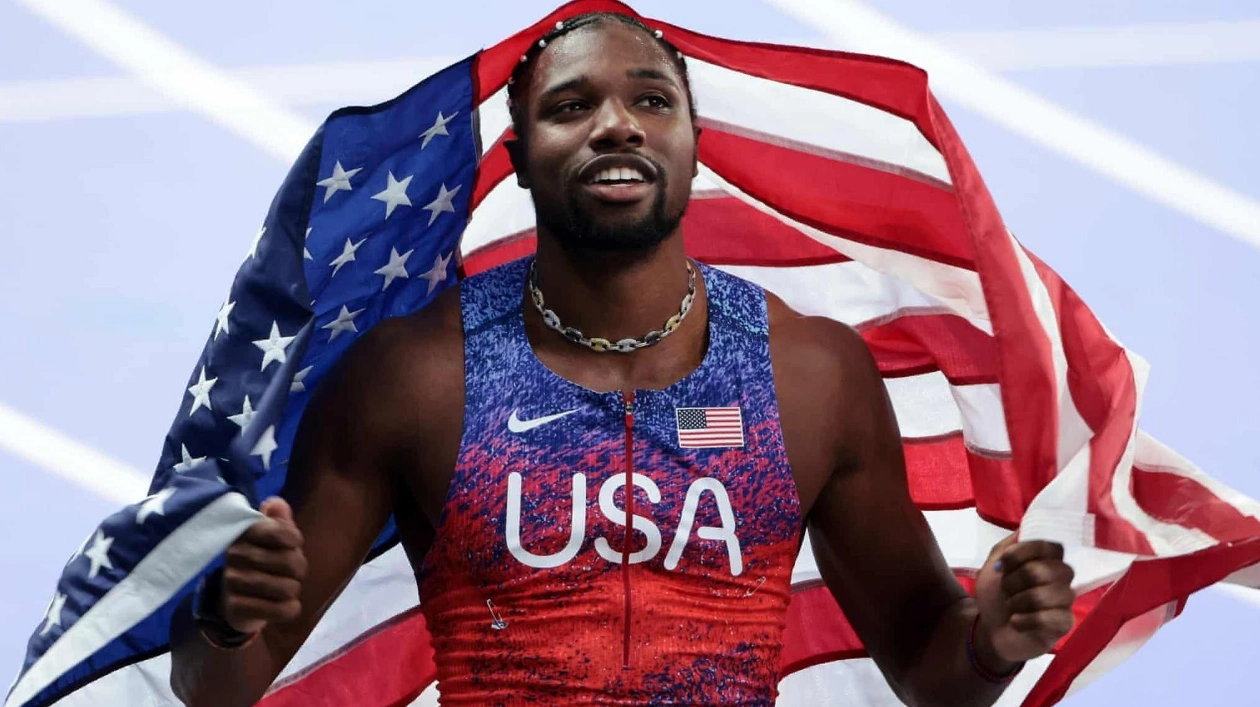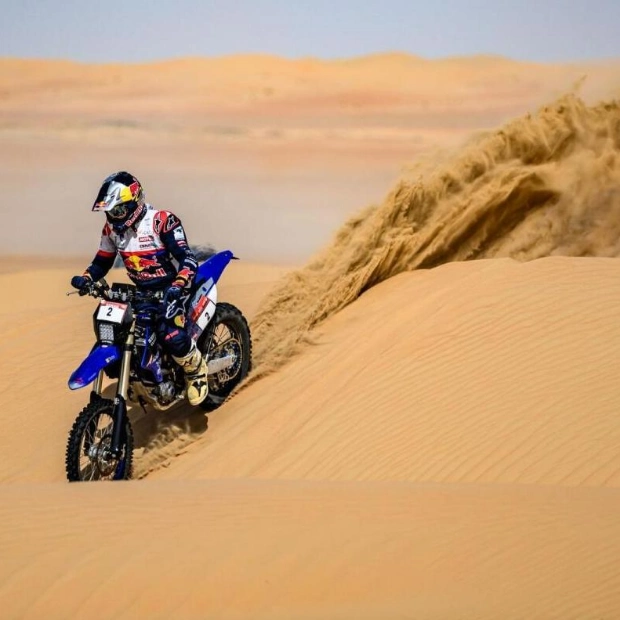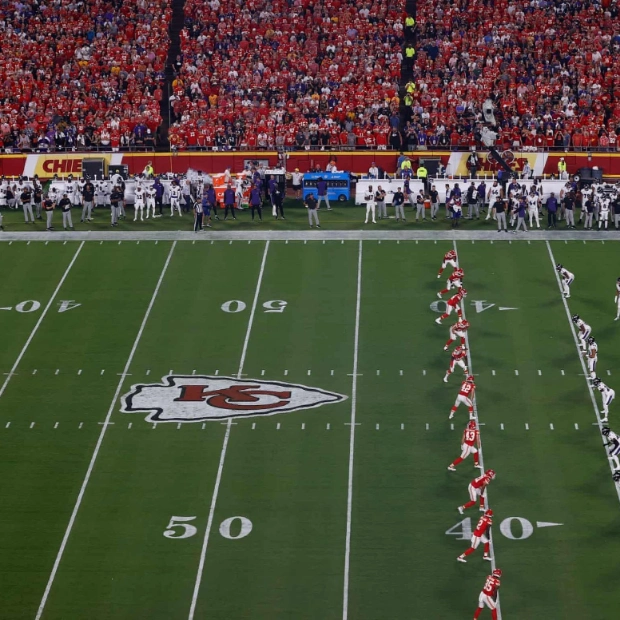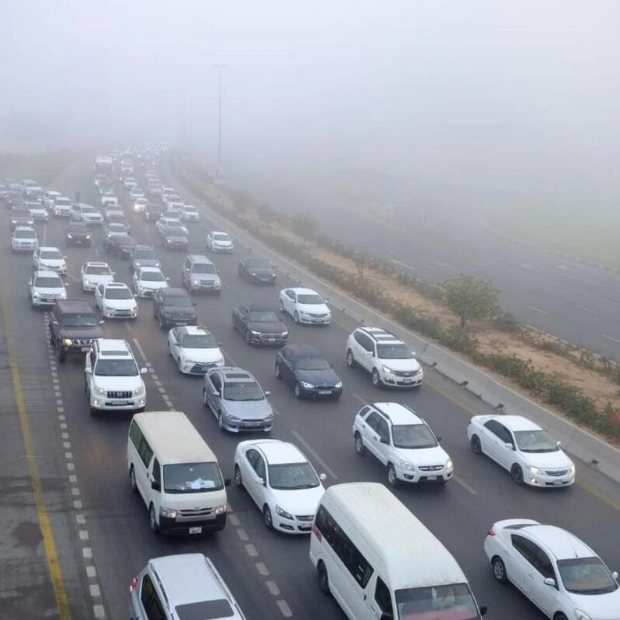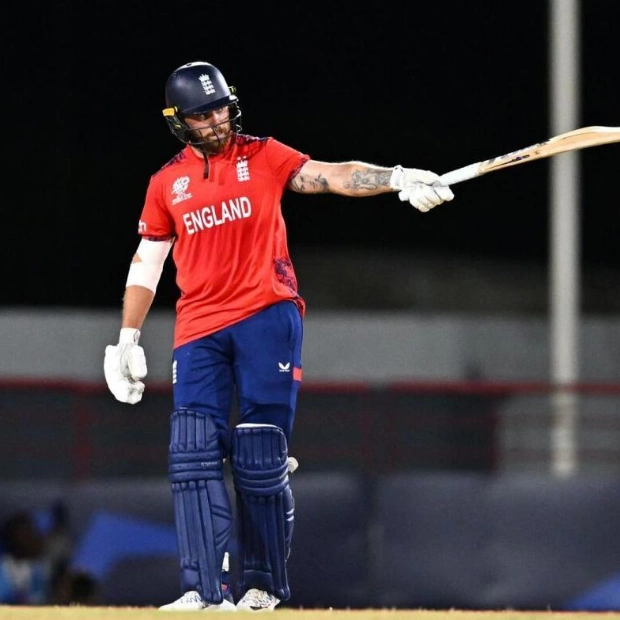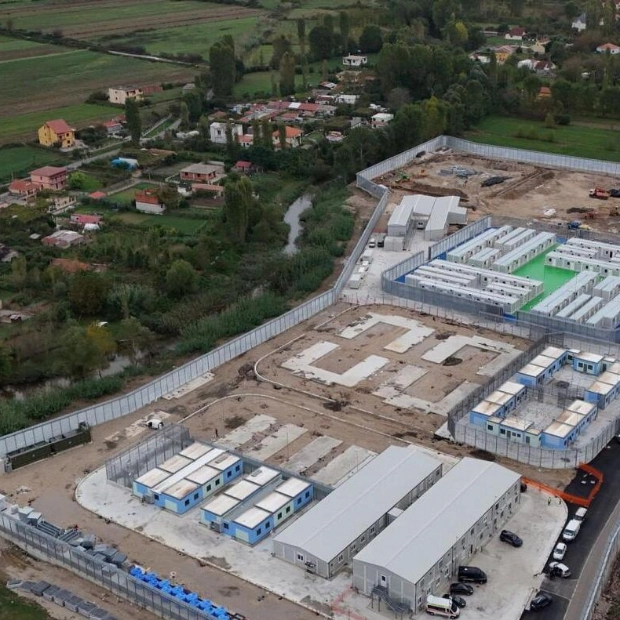Moments after crossing the finish line in the 200m final at the recent Olympics, Noah Lyles collapsed, gasping for air. He lay there, clutching his chest, until medics arrived and wheeled him off the Stade de France track. Later, Lyles revealed he had been battling Covid for three days. This dramatic scene, reminiscent of his close victory in the 100m final, is a key moment in the 2024 track season, highlighted in the second season of 'Sprint,' a Netflix series that follows top athletes. Despite the challenges, Lyles managed to savor his bronze medal in the 200m, a testament to his resilience against dyslexia, ADD, anxiety, and depression. However, rewatching the episode with his fiancée, Jamaican sprinter Junelle Bromfield, was emotionally taxing. 'I’m proud of the moment,' he admits, 'but it’s tough to watch because I keep thinking, what if I hadn’t gotten Covid?'
At 27, Lyles had high hopes for his second Olympics, planning to compete in four events: the 100m, 200m, and both 4x100m and 4x400m relays. He aimed to become the first American man in four decades to win gold in both the 100m and 200m, cementing his status as the best sprinter since Usain Bolt. He also sought to redeem himself after the Tokyo Olympics, where he won bronze in the 200m. Lyles took on the NBA in a public spat, questioning their title of 'world champions.' This led to an awkward encounter with Team USA’s NBA stars at the Paris Olympic opening ceremony. 'I have no animosity toward the NBA,' he clarifies. 'Basketball was my first love. I’m not wishing for anyone’s downfall. I brought it up to highlight the NBA’s effective marketing strategy.'
Lyles also stirred controversy by dismissing Jamaica’s top sprinters, adding fuel to the US-Jamaica track rivalry. He nuanced his patriotism, acknowledging the duality of being a Black man in America. 'There’s a lot of scenarios where you do love being in America,' he says. 'Unfortunately, that’s the good and the bad.' Lyles remains the central figure in 'Sprint,' known for his bold fashion and confident demeanor. His popularity has made him a sought-after figure, attending events like ComplexCon in Las Vegas without announcing his presence. 'As soon as I stepped in, everyone started asking for pictures and autographs,' he recalls. 'It was astonishing to see so many people interested in track and field.'
Produced by Box to Box Films, 'Sprint' aims to boost track and field’s profile, similar to how 'Drive to Survive' popularized Formula One. The series delves into the lives of top runners, including Sha’Carri Richardson and Elaine Thompson-Herah. In season two, it focuses on more reserved athletes like Shericka Jackson and former gold medalist Dennis Mitchell. Lyles’s interactions with rivals are a highlight, showing the close-knit yet competitive nature of the sport. 'A lot of the people at this level have been racing against each other since we were teenagers,' he notes. 'You have to put your blinders on because it’s about you.'
Lyles admits to studying his opponents to know how to push their buttons. 'Sprint isn’t gonna teach me anything new,' he says. 'I watched the first season with my family, and they thought it would reveal something new. But I’m the expert.' The series builds drama around events like Julien Alfred’s journey to becoming St Lucia’s first Olympic medalist. It also captures Lyles’s health crisis, with Bromfield helping him through the night before the 200m final. 'From that moment, everything just went spiraling out,' she recalls.
Despite precautions, Lyles ran in the 200m final, as Covid screenings were less strict in Paris. 'They wouldn’t have let me run at all,' he says. 'I would’ve been quarantined.' 'Sprint' reveals more about crisis management and its impact on Bromfield, a 4x400m Olympic bronze medalist. When Jamaica’s medal hopes shifted to her, she faced challenges, including being left off the 4x400m relay team. 'Unfortunately, that’s not my story to tell,' Lyles says. 'One day, I hope she does.'
Thanks to 'Sprint,' Lyles has become a cultural icon, raising questions about overexposure. 'A lot of people think it’s beneath me,' he says of his unconventional races. 'But by racing, I put track and field on the map. If we keep thinking everything is beneath us, we won’t get anywhere.'
Source link: https://www.theguardian.com
